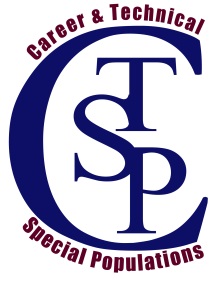This blog series provides readers with insight on the valuable content that is being shared at the Career Clusters ® Institute. Guest bloggers are among teachers, faculty, researchers and other experts that will present at the national gathering in Fort Worth, TX in June. Today’s guest blogger is Jennifer Robinson, Program Director of InVEST
InVEST, a 501(c)(3) non-profit, has been providing real world skills and knowledge to high school students for decades, enabling them to enter careers in the insurance industry after graduation, and arming them with powerful consumer knowledge.
Students who have gone through the InVEST program have received almost $600,000 in scholarship dollars, landed insurance careers in their areas and continue to be top notch insurance consumer. How does this work?
- Insurance Training: InVEST students learn insurance basics, like terms, how premiums are calculated, types of insurance needed, how to file claims and more.
- Real Life Software: With the help of local insurance volunteers, students learn how to use insurance rating software used in real insurance agencies.
- Simulation: Students break into small groups and simulate an insurance agency, using the rating software, forms, agency management systems, etc. to mock sell insurance policies.
- Professional Skills: By interacting with insurance professionals, students learn how to interact in a professional setting while gaining office experience like paying office expenses, creating an agency brand and marketing collateral, and more.
View this brief video to see the inside of an InVEST program in St. Petersburg, Fla. and understand more about the benefits to students of the free program. Learn more by visiting InVEST at www.investprogram.org or their student website at www.learninsurance.org.
Jennifer Robinson, InVEST program director, will be hosting an in depth session about the InVESTÂ program at the 2013 National Career Clusters Institute on June 11th at 10:00 am titled “Insurance Education and Career Training for Free.
Ramona Schescke, Member Services Manager





 If you have any questions, comments or suggestions, feel free to contact me. We look forward to meeting you on June 12th!
If you have any questions, comments or suggestions, feel free to contact me. We look forward to meeting you on June 12th!



